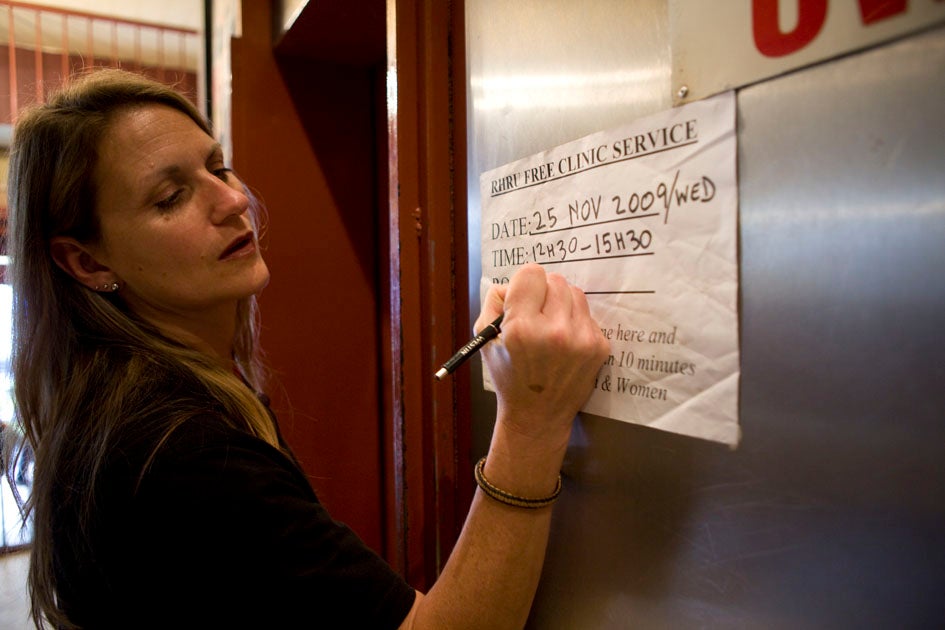Inside South Africa's brothels: the World Cup and the sex trade

Your support helps us to tell the story
From reproductive rights to climate change to Big Tech, The Independent is on the ground when the story is developing. Whether it's investigating the financials of Elon Musk's pro-Trump PAC or producing our latest documentary, 'The A Word', which shines a light on the American women fighting for reproductive rights, we know how important it is to parse out the facts from the messaging.
At such a critical moment in US history, we need reporters on the ground. Your donation allows us to keep sending journalists to speak to both sides of the story.
The Independent is trusted by Americans across the entire political spectrum. And unlike many other quality news outlets, we choose not to lock Americans out of our reporting and analysis with paywalls. We believe quality journalism should be available to everyone, paid for by those who can afford it.
Your support makes all the difference.The World Cup in South Africa will attract more than just the 2.2 million tourists who have bought match tickets. Up to 100,000 prostitutes will enter the region this summer, an influx which will swell an already out of control industry where an estimated 50 per cent of sex workers are infected with HIV.
With the World Cup about to exacerbate this problem, the regulation and legalisation of which has been much discussed in the papers and politics in the last 12 months, The Independent Online spoke to Ellen Crabtree, 50, from Edinburgh, a VSO volunteer who has been helping sex workers in the region to develop alternative sources of income.
A former marketing manager for Scottish Widows, Crabtree says she “had a great lifestyle” but was “helping rich people get richer.” Since swapping her high flying lifestyle and moving to Johannesburg 18 months ago she has worked with current and former sex workers helping them to develop their literacy and IT skills, in particular helping 6 former prostitutes train as beauticians.
"A combination of arrogance and altruism led me to think maybe I could make a difference,” she says. Now working within the Special Services and Community Engagement team, with particular focus on the Community Care Centre, Crabtree is helping to offer meaningful and effective support for people infected and affected by HIV, whether it be helping to secure migrant documentation, legal consultation for vulnerable people.
Join our commenting forum
Join thought-provoking conversations, follow other Independent readers and see their replies
0Comments